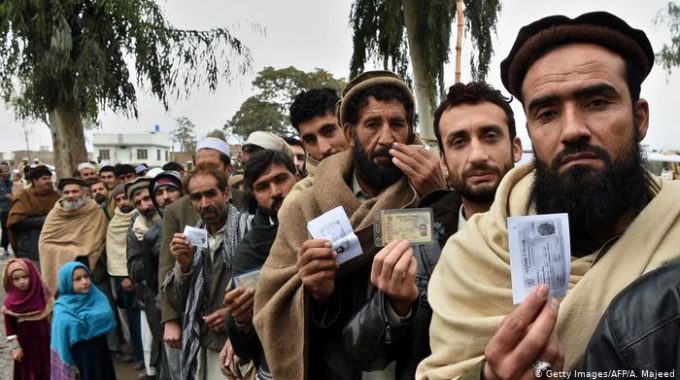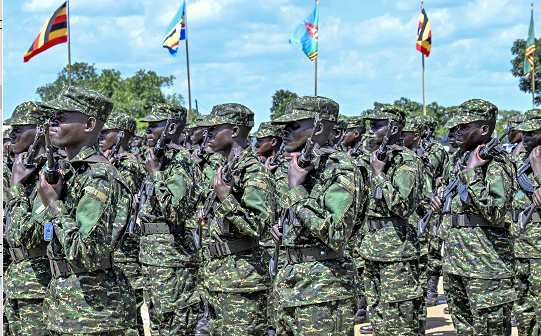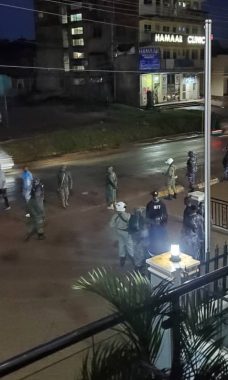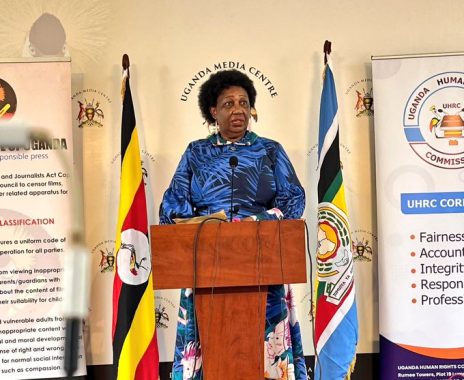Uganda has confirmed it has room to accommodate 2000 Afghans fleeing their country following a swift takeover from Taliban rebels.
The Taliban took control of the country from the government shortly after the United States withdrew its troops after 20 years of striving for power in the Muslim state.
Since then thousands of Afghans have been sighted at the city airport in Kabul trying to flee the country amidst limited transportation.
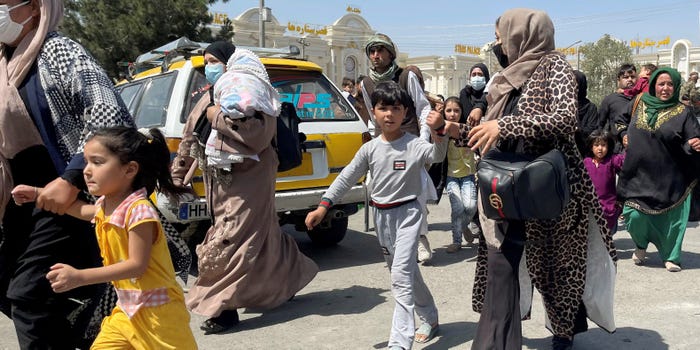
At least seven people died in Monday’s chaos, including several people who clung to the sides of a jet as it took off.
In a fresh development, Uganda’s disaster and preparedness Ministry has opened its doors to refugees entering the country on Tuesday.
Esther Anyakun, the state minister for disaster preparedness and refugees has confirmed that the 1st batch of refugees Today.
Anyakun says their arrival follows a request by the United States government to temporarily host the refugees at their cost.
The US will reportedly lavishly finance their stay in hotels and resorts until a more feasible solution is found.
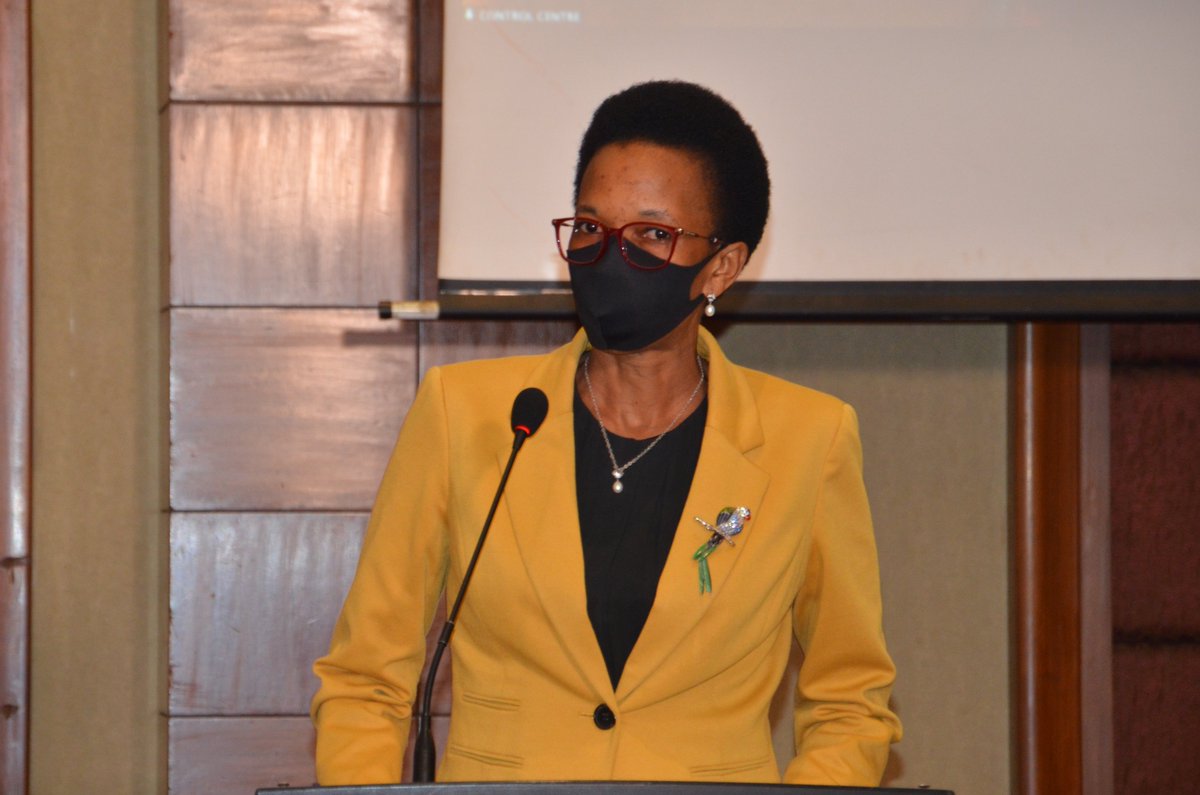
Unconfirmed sources say the US plans to evacuate thousands of people from Afghanistan to get temporarily refuge in other countries while they finalize their paperwork to enter the US.
Uganda is known to be a host to the largest number of refugees in Africa with over 1.45 million persons.
Most of the refugees hail from South Sudan, the Democratic Republic of the Congo, and Burundi who are mostly camped at settlement camps.
Current Situation In Afghanistan;
The Taliban has declared an “amnesty” across Afghanistan and urged women to join its government,in a counrty now called the Islamic Emirates
“The Islamic Emirate doesn’t want women to be victims,” Enamullah Samangani, a member of the Taliban’s cultural commission, said, using the militants’ term for Afghanistan.
“They should be in government structure according to Shariah law.”
He added: “The structure of government is not fully clear, but based on experience, there should be a fully Islamic leadership and all sides should join.”
The head of the Taliban’s Military Commission, Mullah Yaqoob, has also issued a voice statement declaring that no one is allowed to enter anyone’s house, especially in the city of Kabul.
The statement comes after unconfirmed reports that the group had entered the homes of people in the capital.
The group also issued a blanket amnesty and urged all government employees to return to work.
The Mayor of Kabul and the acting Minister of Public Health were both among those who returned to their jobs on Tuesday.
Evacuation flights from Afghanistan resumed as on Tuesday at Kabul airport after troops from the United States cleared crowds.
Russia, China seems to welcome working relations with the Taliban-led nation.
History of Taliban on Afghanistan Soil;
After the Soviet withdrawal from Afghanistan, there was a power vacuum, and then you had the civil war.
During the civil war, and the situation was extremely violent. And people were getting kidnapped and raped, and all the different jihadi warlords were, vying for power.
And it was out of that chaos that the Taliban, who are also refugees and were trained in these madrassas in order to get something to eat, rose to power in 1996.
In 1999 in the height of the Taliban power was the darkest time in Afghanistan.
THEIR interpretation of Islam and their draconian laws imposed a terrible toll on women, ethnic minorities, and pretty much everybody who believes in a democratic and peaceful Afghanistan.
The armed group was removed from power in a US-led invasion in 2001 following the September 11 attacks on US soil, but it gradually regained strength, carrying out numerous attacks on foreign as well as Afghan forces in the past 20 years.
It managed to win some sort of international legitimacy after the US under then-President Donald Trump signed an agreement with the armed group on February 29, 2020, to withdraw foreign forces in exchange for security guarantees.
Trump’s successor, Joe Biden, did not reverse the troop withdrawal decision, instead, delaying it until September 11 to coincide with the 20th anniversary of the 9/11 attacks.
However, in July, he again revised that deadline to August 31.




